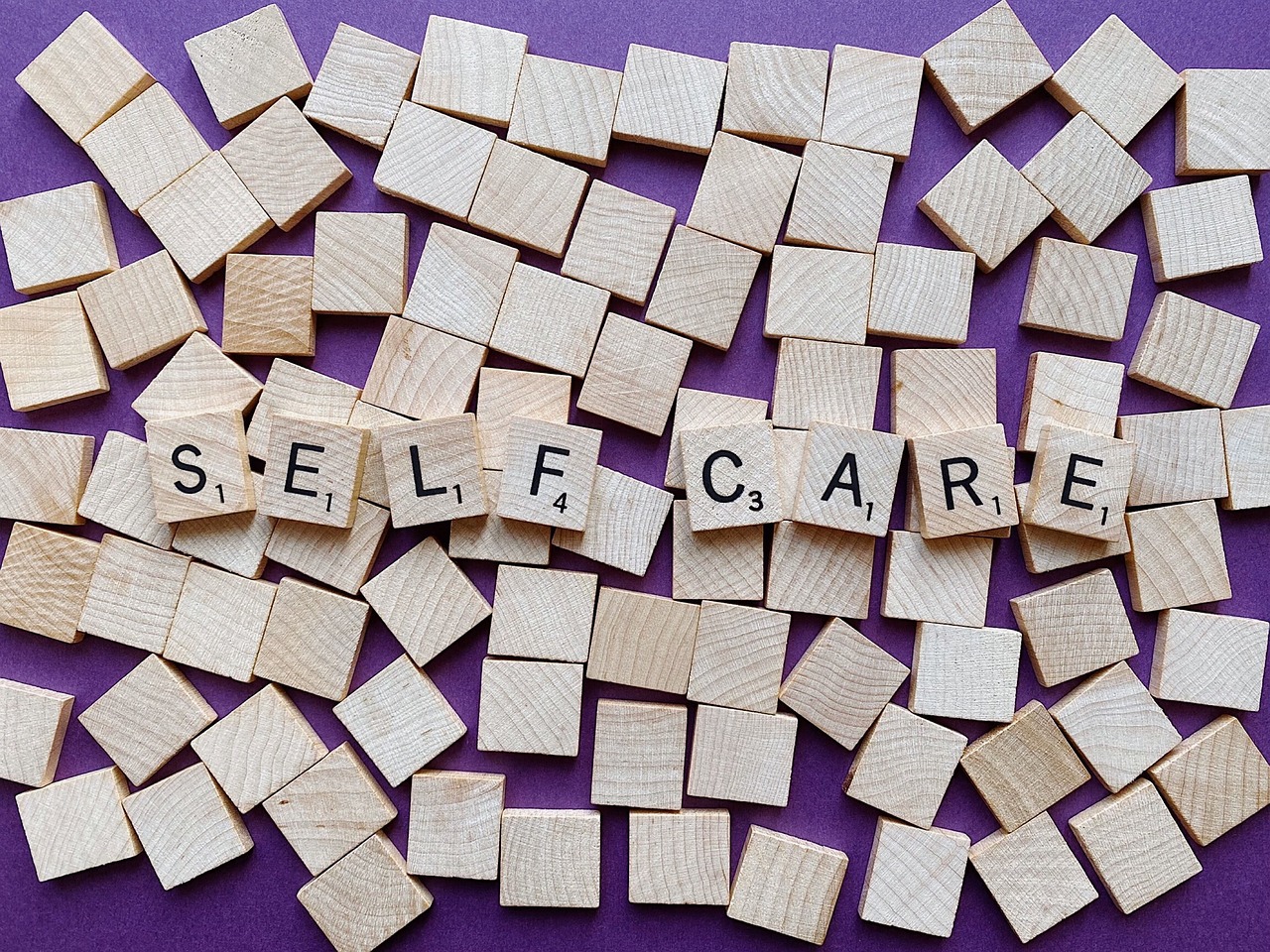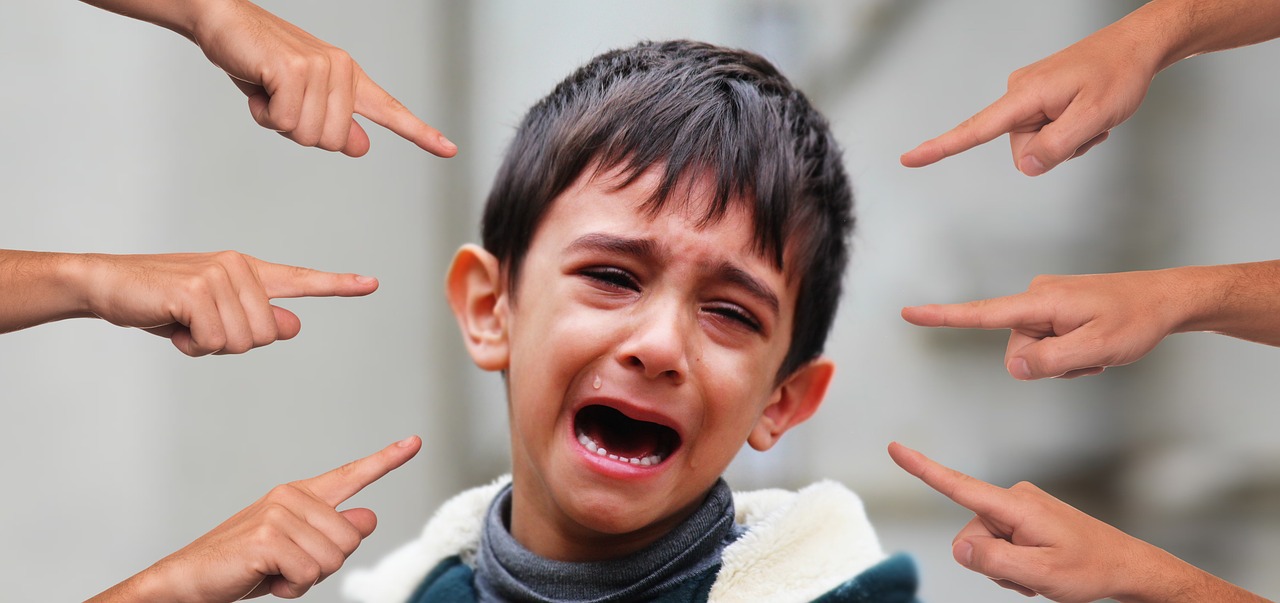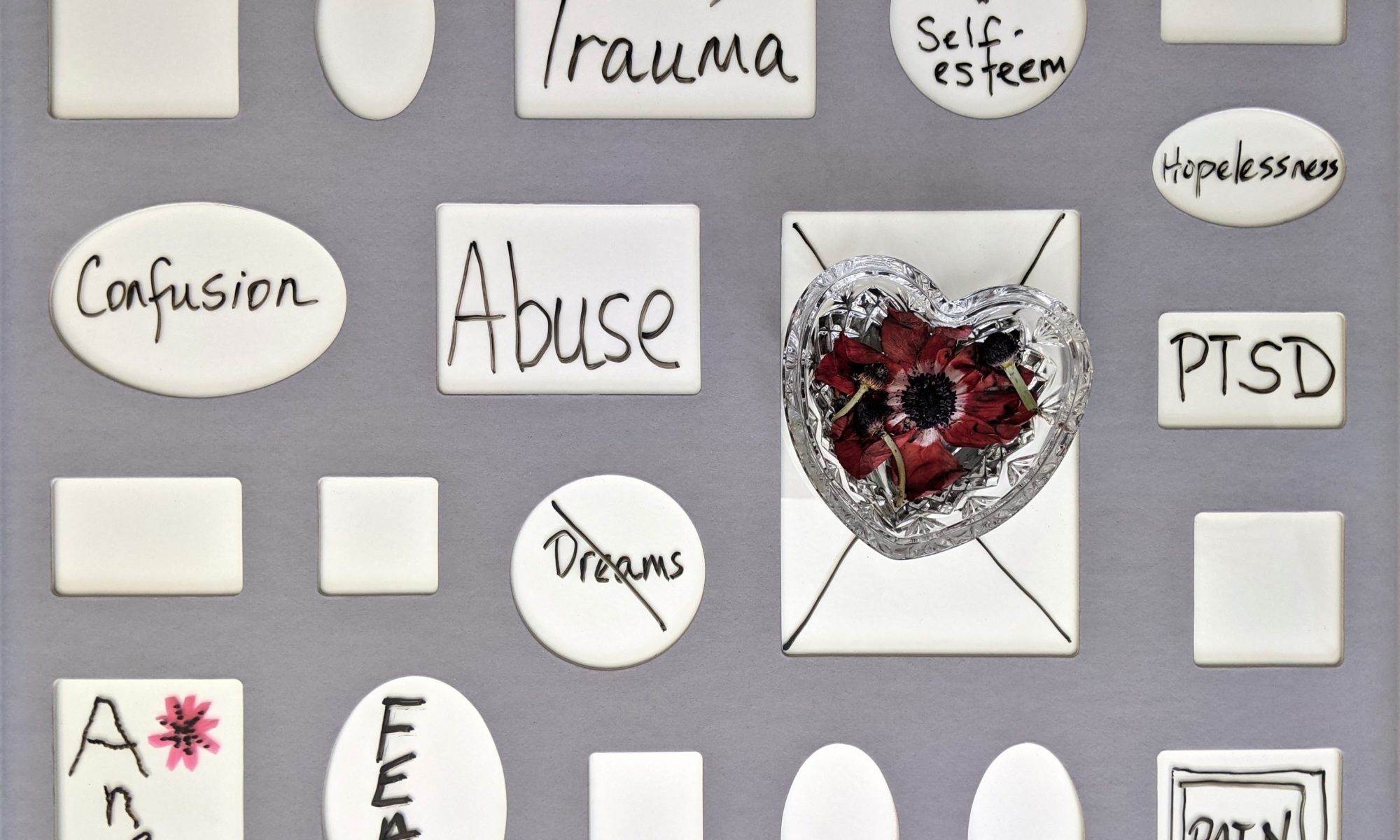Navigating the tumultuous waters of a divorce or separation can be the equivalent of weathering a personal storm, the magnitude of which can seem daunting. Add to this the pressures of adjusting to life as a single parent, and it feels as though you’re carrying an Atlas-like burden. In the USA, these new roles demand a delicate balancing act between addressing personal needs and co-parenting responsibilities, alongside grappling with financial reshuffles and the daunting journey of personal rebuilding.
Now, here’s a gentle reminder: It’s okay, essential even, to prioritize yourself. In the world of aircraft safety, they tell you to secure your oxygen mask before helping others. This principle applies perfectly to life post-divorce. You cannot effectively care for others if you have not taken care of yourself first. This isn’t an act of selfishness, but an acknowledgment that your physical, emotional, and mental health forms the bedrock of your overall wellbeing. It also defines your ability to be the best possible parent for your children.
So, how can we make self-care more than just a buzzword? Let’s explore some practical strategies:
1. Pay Attention to Your Health
It’s understandable that it can be quite tasking to pay attention to your very own health if you have to raise kids all alone. However, understand that taking care of yourself is a necessity, not just a luxury. Ensuring your health can actually better prepare you to face the difficulties associated with co-parenting and parenting..
2. Caring for Your Body
A healthy lifestyle is essential for physical self-care. Getting enough sleep, eating healthy, and exercising frequently are all vital to not only enhance your physical health but also your mood and stress levels. Exercises like dancing, yoga, or even jogging can help you connect with your body and let out tension that has built up..
3. Attending to Your Emotions
Divorce and separation experiences can set off a flurry of emotions, from sorrow and fury to relief and hope. It’s important to acknowledge and process these feelings. Talk to your friends, relatives, or a therapist who can provide you with a private place to vent your emotions. Engage in pursuits that bring you joy, whether they be engaging in hobbies, keeping a journal, or engaging in mindfulness and meditation.
4. Fostering Mental Health
It’s crucial to look after your mental health during this transitional period. Set aside time to read, do puzzles, or learn something new, or do something else mentally challenging. Encourage self-talk that is constructive and work on your self-compassion. If you are experiencing depression, anxiety, or other mental health problems, don’t be afraid to seek professional assistance..
5. Establishing a Supportive Circle
Your wellbeing depends on having a support system. Make connections with other parents who have experienced separation or divorce and can understand your difficulties. Join support groups both offline and online so you may talk about your challenges and gain insight from people who have travelled a similar path. A robust support system can give comfort, direction, and a sense of belonging.
6. Making Time for Yourself
There may not be much time for personal time when juggling parental and co-parenting responsibilities. Finding time for yourself to rest and unwind is nevertheless crucial. It may be as simple as going for a stroll in the park, reading a book, or taking a relaxing bath. Keep in mind that investing in your overall health through self-care is not an indulgence..
7. Setting Limits
Setting boundaries is key to maintaining your self-care routine. Make your needs and limitations clear to your co-parent and family. Boundaries help preserve your time and energy, letting you focus on your well-being. Remember, declining certain requests is not being selfish; it’s a way of prioritizing your self-care.
8. Incorporating Joy and Fun
Rediscovering joy and fun is a vital part of self-care. Participate in activities that bring you joy and help you reconnect with the child within you. Spend quality time with your children, establish new traditions, and cherish moments of laughter and joy. Cultivating happiness not only enhances your well-being but also fosters a positive environment for your children.
**Making Self-Care a Habit**
Now that we understand the significance of self-care for divorced and separated parents, let’s look at practical ways to make self-care a part of your daily routine.
9. Developing a Self-Care Regimen
Create a tailored self-care regimen that caters to your needs and preferences. Identify activities that rejuvenate your body, mind, and soul. Note them down and slot them into your calendar, treating them as non-negotiable commitments to yourself.
10. Being Mindful
Being mindful is a technique that helps you focus on the reality of the present. With mindfulness, you stand a chance to alleviate stress, and experience unparalleled tranquility. To get that done, simply find a way to incorporate mindfulness into your routine through meditation, exercises, or even as you continually stay on top of your task.
11. Seeking Professional Assistance
Should you be finding it hard to deal with the emotional and mental challenges of your divorce or separation, it is always a great idea to seek professional help. There are quite a lot of qualified and licensed therapists, counselors, and support groups that specialises on divorce and parenting matters and they are well qualified to offer you the best guidance and support as you embark on this new phase of your life.
12. Pursuing Creative Endeavors
Expressing yourself creatively can be therapeutic and refreshing. Engage in activities such as painting, writing, playing an instrument, or dancing to unleash your creative energy. Allow yourself the freedom to explore and express your emotions through creative expression.
13. Taking Digital Detoxes
In a world where technology and initialization has taken over, it is still however, very important to find a way to occasionally disconnect. Take a break from technology, you’ll be thankful that you did because being constantly connected can increase stress, thereby causing you not to fully engage fully in self-care activities.
14. Practicing Gratitude
Being grateful is a medicine for happiness. It helps to shift your focus to the positive aspects of your life. So, each day that passes, take a break to reflect on everything that has happened and find a reason to be thankful. This simple act, irrespective of how small, can uploft your mood and give you a very deep sense of satisfaction.
15. Enjoying Nature
The mind and body can be calmed and revitalised by time spent in nature. The trails, parks, and green areas around you is enough to establish a connection with nature. Immersing yourself in nature can bring comfort and clarity, whether you go on a trek, have a picnic, or just relax under a tree.
16. Being Kind to Yourself
Treat yourself with kindness and gentleness during this journey. Acknowledge that you’re doing the best you can and that it’s okay to make mistakes. Extend the same compassion and understanding to yourself that you would to a close friend undergoing similar challenges.
17. Celebrating Your Progress
Every progress count, and you should celebrate every single win. Each step you take toward self care matters a lot and should be taken as a sign of victory. Be thankful to yourself for trying and recognize the impact that every “win” brings you closer to the end goal.
Conclusion
In summary, self-care for separated and divorced parents is not a luxury but a necessity. Setting your health as a top priority will enable you to face co-parenting’s difficulties head-on and rebuild your life with resiliency. You can take care of yourself and foster a pleasant atmosphere for both you and your children by including self-care practises into your daily routine and asking for help when necessary. Keep in mind that caring for oneself is a loving gesture that benefits everyone.











